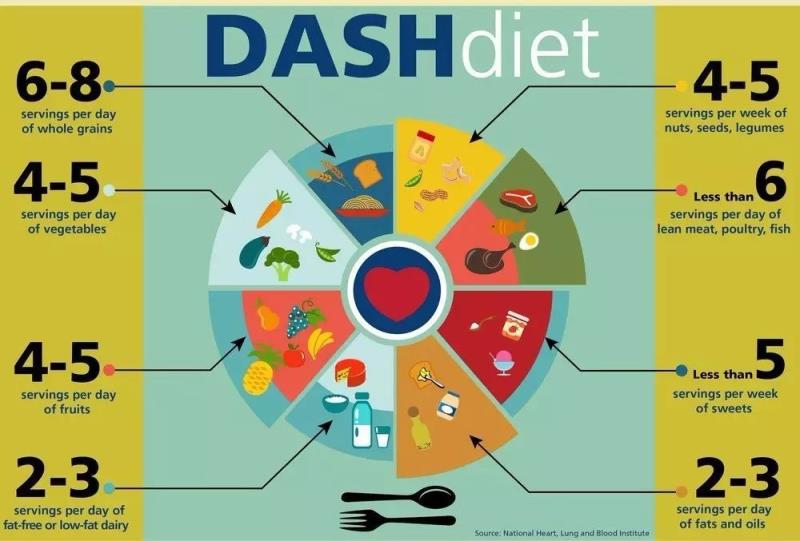
Adherence to the Dietary Approaches to Stop Hypertension (DASH) or any calorie-restricted diets leads to improvements in insulin resistance (IR) and body composition in patients with polycystic ovary syndrome (PCOS), a study has found. Professional dietary advice must then be offered to PCOS patients.
Eight databases were searched through 30 June 2019. The investigators performed a systematic review following the Preferred Reporting Items for Systematic Reviews and Meta-analyses guidelines and adopted a random-effects model to calculate the overall effects.
Nineteen trials including 1,193 participants overall met the eligibility criteria. The meta-analysis revealed the beneficial effects of a diet intervention in relieving IR and body composition (eg, homeostasis model assessment of insulin resistance, fasting insulin, fasting plasma glucose, body mass index [BMI], weight, and waist circumference) in PCOS patients.
DASH and calorie-restricted diets appeared to be the best choices for reducing IR and improving body composition, respectively. Of note, these effects were associated with the course of treatment; the longer the duration, the greater the improvement would be.
Diet, compared with metformin, also provided weight loss benefits, including BMI and weight, and had the same effects on insulin regulation.
Although PCOS patients are not always overweight, PCOS is strongly associated with abdominal obesity and insulin resistance, according to a study by Farshchi and colleagues, who noted that effective interventions on nutrition and exercise could improve endocrine features, reproductive function, and cardiometabolic risk profile even without significant weight loss. [J Obstet Gynaecol 2007;27:762-773]